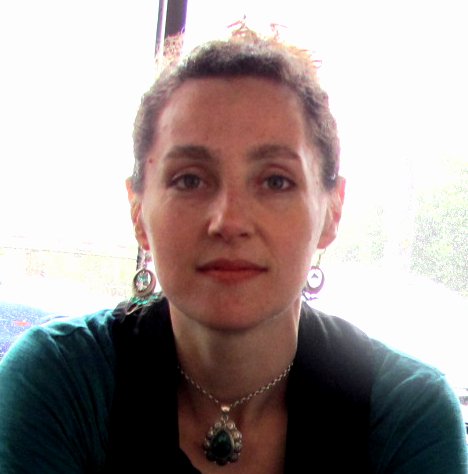Contents tagged with Clinical supervision
-
Read More...
I have been providing group supervision for over 15 years now, to social workers, counsellors, welfare staff and other allied health workers within the welfare field. Recently, I have reflected on how my practice has changed over time and the experiences that have informed why I work the way I do. Not only have I developed knowledge and confidence in the process of facilitating group supervision but I am now far clearer about what I offer and can clearly articulate how I work. The …
-
Read More...
To be purposeful in the guise of aimless “hanging out” is a complex and unusual skill – not easy to learn but easy to underestimate.
Having provided group supervision to workers in drop-in centres for over twelve years, I have developed a strong respect for the complexity of this work. Not everyone has the ability to build a warm connection with someone, whilst simultaneously monitoring the rest of the space for anyone else in need and keeping an eye out for brewing unrest or …
-
Read More...
Providing clinical supervision to social workers, counsellors and welfare workers in rural and remote areas has become an increasingly large portion of my work in the past few years.
As technology has improved and people become more comfortable using computers to facilitate their everyday discussions, more social workers and other allied health professionals are choosing to seek out remote access supervision and support. Not only for workers who are professionally isolated, I have found that a …
-
Read More...
Safety is an important issue in every work place but it is not something that all workers and students in the welfare sector hold at the front of their minds. While we all want to think the best of people, there are times when things go wrong, where we encounter angry or distressed people and when we feel scared or unsafe. Based on my experiences of working in the welfare sector and from my role providing clinical supervision, I have generated my own list of important points for helping to stay …
-
Read More...
Clinical supervision, staff support and solid self-care routines are integral for all staff who work in the Alcohol and Other Drugs (AOD) service sector. This is true both for therapeutic staff and those in related frontline roles, such as needle syringe program (NSP) workers, allied health staff and receptionists.
Helping people can be stressful and leave workers feeling anxious or exhausted. In the AOD service sector, at any one time, a number of the clients will be in crisis, stressed, …
- 1
- 2
Lisa Derham



